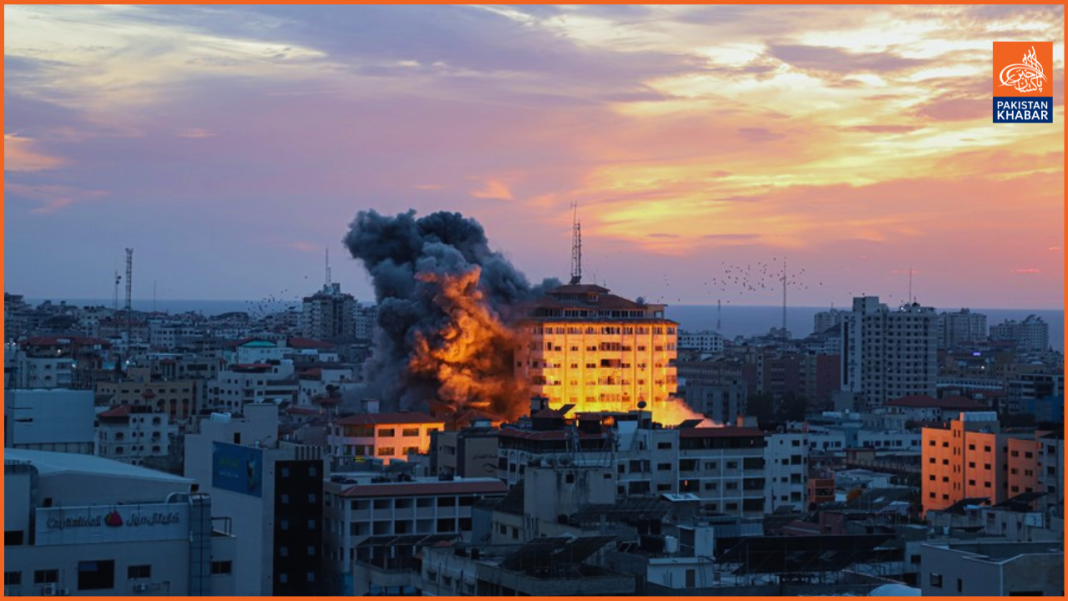Israel launched a series of airstrikes on Houthi targets in Yemen on Friday, targeting key infrastructure such as a power station and ports. The strikes were a direct response to missile and drone attacks launched by the Houthi group, which had previously targeted Israel. The Israeli military reported that it had intercepted two drones believed to have been launched from Yemen the day before, further escalating the tensions in the region.
According to the Israeli military, the primary targets of the strikes were military infrastructure at the Hizaz power station, which serves as a vital energy source for the Houthis, and the ports of Hodeida and Ras Issa, both strategic locations for Yemen’s import and export operations. The attacks were conducted to disrupt the Houthis’ military capabilities and to send a strong message about Israel’s readiness to retaliate for their aggression.
Israeli Prime Minister Benjamin Netanyahu condemned the Houthis’ attacks on Israel, stating that the group would continue to face consequences for its actions. “As we promised, the Houthis are paying, and they will continue to pay, a heavy price for their aggression against us,” Netanyahu said. Israeli Defense Minister Israel Katz further warned that Israel would pursue Houthi leaders, declaring that “no immunity for anyone” would be granted.
The strikes have resulted in significant damage, with Yemen’s Al Masirah television reporting that the power station was hit multiple times, injuring at least one worker and damaging nearby homes. The ports of Hodeida and Ras Issa also sustained heavy damage, with one of the ports reportedly catching fire.
The airstrikes follow a series of earlier attacks on Houthi targets since the Gaza conflict began in October 2023. The Houthis have launched numerous missiles and drones toward Israel, prompting retaliatory actions from Israel and other international forces. These ongoing hostilities have exacerbated the already tense situation in the region.
Hamas has condemned the Israeli strikes, further highlighting the broader geopolitical implications of the conflict.




